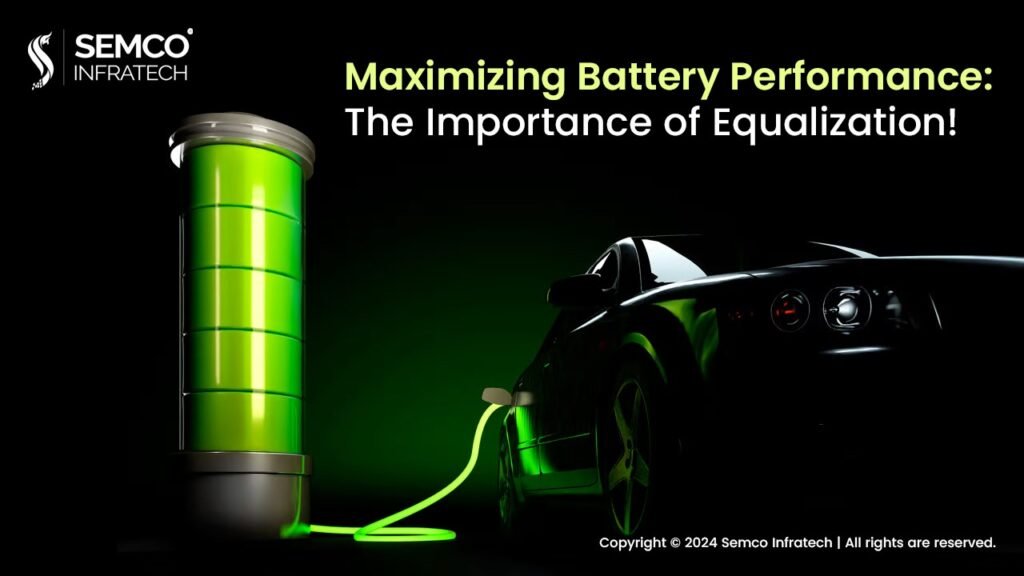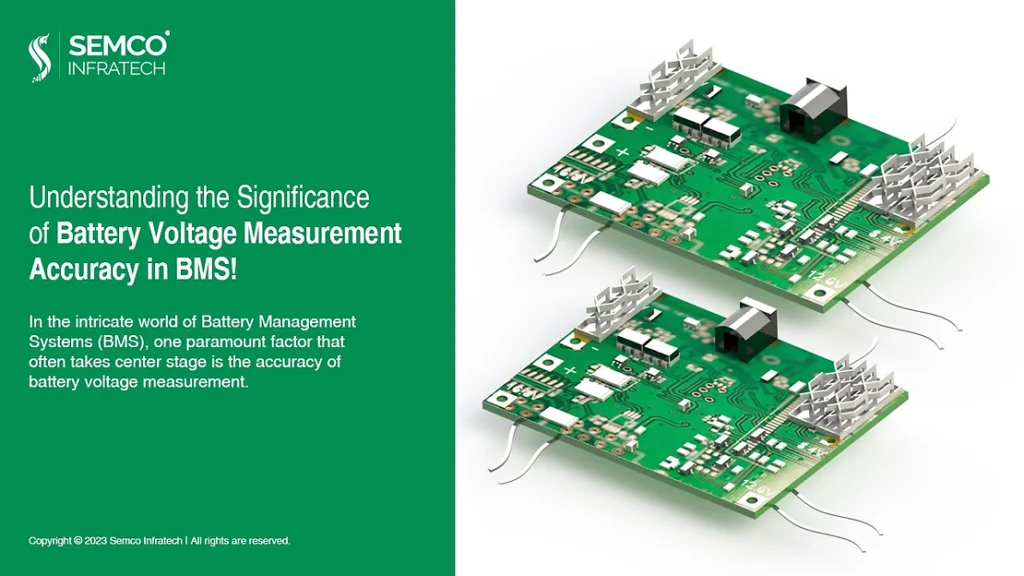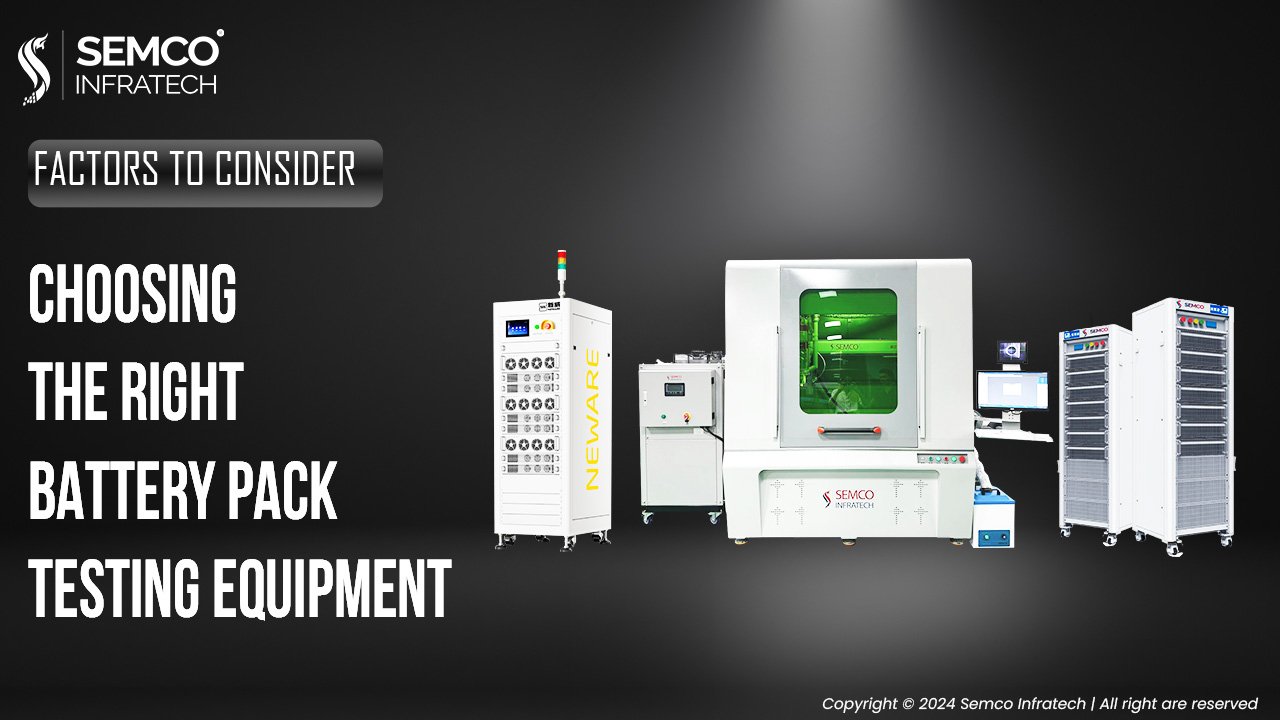
Battery packs, especially those used in electric vehicles and energy storage systems, often consist of multiple battery units connected in series. While this configuration offers higher voltage, it can lead to inefficiencies if the individual batteries aren’t performing equally. This is where battery equalization comes in.
Equalization: Balancing for Better Battery Life
Battery equalization is a process that ensures all batteries in a pack reach the same state of charge (SOC). Imagine a battery pack like a bucket brigade: each bucket (battery) needs to hold a similar amount of water (energy) for the line to function efficiently. Without equalization, some batteries might reach their limit before others, forcing the entire pack to stop discharging even if some units still have capacity.
Benefits of Balanced Batteries
Increased Usable Capacity: By keeping all batteries in sync, equalization unlocks the full potential of the pack. You get more “usable energy” out of each unit.
Enhanced Safety: Overcharging or over-discharging individual batteries can lead to damage and safety risks. Equalization prevents this by maintaining balanced voltage levels.
Extended Battery Life: Balanced batteries experience less stress and wear, leading to a longer overall lifespan for the pack.
Why Battery Balance is Critical
Batteries have slight variations in capacity and discharge rates. When unbalanced, the weakest battery in the pack dictates the overall performance. Continuing to discharge when a single unit is depleted can damage it. Similarly, charging an unbalanced pack can lead to overcharging of healthy batteries.
Beyond Balance: Additional BMS Functions
Battery Equalization is a core function of the Battery Management System (BMS), which plays a vital role in battery health. The BMS also monitors temperature, controls charging, and performs other tasks to optimize battery performance and safety.
The Importance of Maintaining Balance
Unbalanced batteries can lead to several problems:
Thermal Runaway: Uneven charging can cause some batteries to overheat, potentially triggering a dangerous thermal runaway event. Battery equalization helps prevent this by keeping all units within safe temperature ranges.
Battery Aging: Overcharging stresses batteries, reducing their capacity and lifespan. Equalization promotes even charging, minimizing this detrimental effect.
In conclusion, battery equalization is an essential technology for maximizing the performance, safety, and lifespan of battery packs used in electric vehicles, energy storage systems, and other applications. By ensuring balanced charging and discharging of individual batteries, equalization unlocks the full potential of the pack and extends its overall life.






